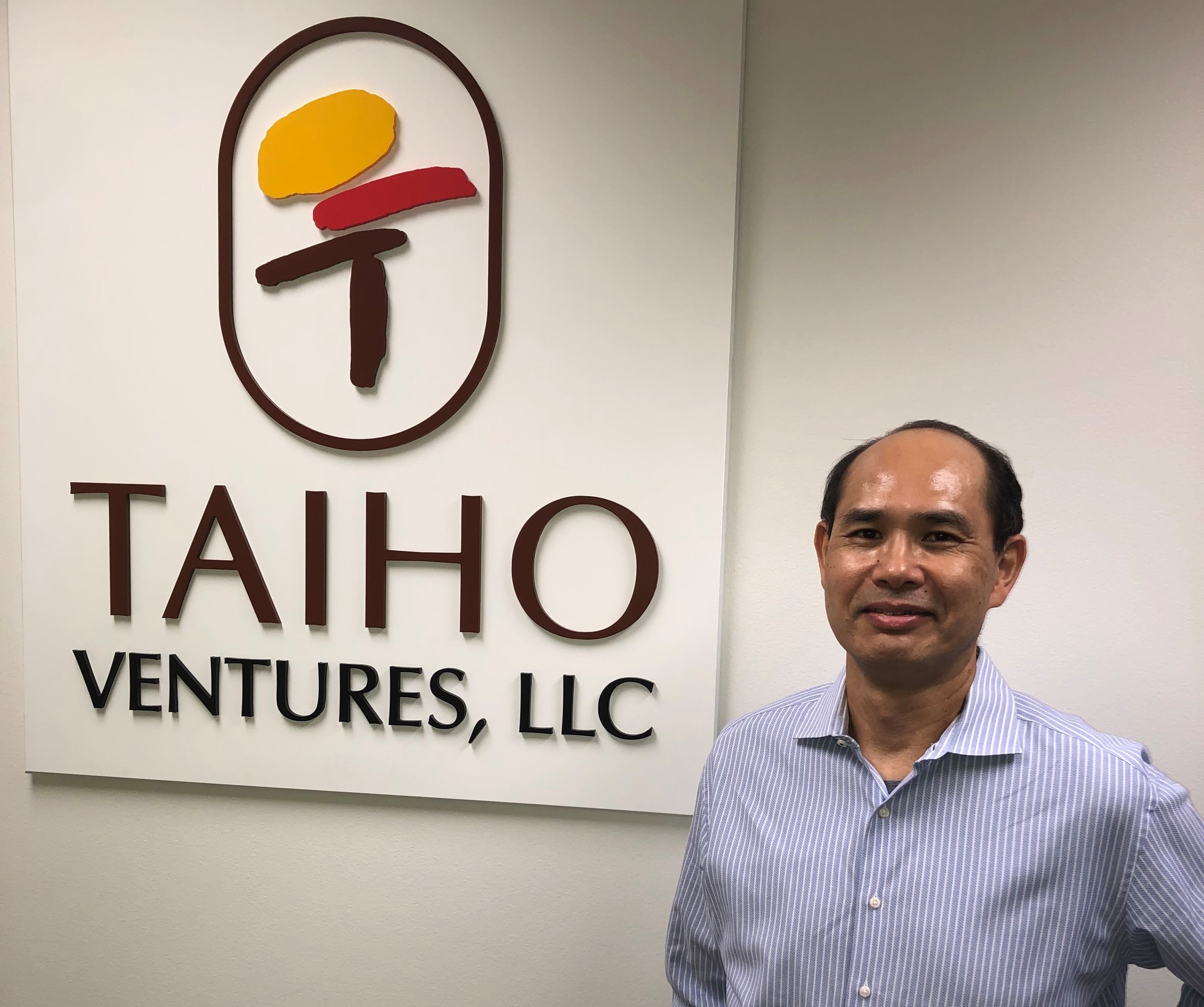Biotech venture capital is shrinking from boomtime highs, but Sakae Asanuma, CEO of Taiho Ventures, says now is a good time to find new novel treatments to back.

“The immuno-oncology boom is over,” says Sakae Asanuma, president and chief executive of Taiho Ventures. ”Biotech venture capital investment will be shrinking compared to previous years.”
In the past few years, venture investors have flocked to back cancer therapy companies following a number of breakthroughs in precision cancer treatment and several emerging cellular therapies getting the US Food and Drug Administration (FDA) approval to treat solid tumours.
However, this is wave of investment appears to be slowing. According to Pitchbook’s latest quarterly report, VC firms have started to focus more on later-stage drug developers rather than the pre-clinical ones.
But Asanuma is planning to take advantage of the situation by pushing on with investments even as others hold back. In fact, the investment arm of Japanese pharmaceuticals company Taiho Pharmaceutical just received an additional $100m commitment from its parent company, allowing it to seek out more novel drug developers to invest in.
“We can expect a reasonable investment pace in 2024. Many investors are avoiding early-stage oncology investments – our favourite investment space – and it will be tough to identify co-investors for new oncology companies,” Asanuma says.
But this means Taiho Ventures will have a chance to assess even more attractive opportunities in 2024 than before. “Our stable investment strategy should be beneficial to take advantage of this trend,” he says.
Read more:
- Taiho Ventures lifts fund to $400m
- Early-stage pharma starts 2024 with a bang and a glimpse of medicine’s future
Taiho Ventures, which is based in California, received the new capital injection last week, as it was closely to being fully deployed on its previous investment limit of $300m.
“Our focus will continue to be in the oncology field,” Asanuma says. However, Taiho Ventures looks more broadly at other areas with unmet patient needs as well. “Fibrosis, an area with high unmet medical needs, is another target area for Taiho Ventures,” he says.
“It’s difficult to predict new areas of innovations at this time,” Asanuma admits, “but first-in-class targets, new modalities and innovative platform technologies are always our interest.”
Partnerships between parent firm and portfolio companies
Investment in the pharmaceuticals sector declined in 2022 and 2023 from a peak in 2021. Asanuma estimates the annual investment level to have stabilised at around $20bn annually for the industry, which is in line with long-term norms. A flurry of larger deals at the start of January indicate that pharmaceutical investors are far from dormant.
Ecosystem collaboration is a business norm in drug development. Some of Taiho Ventures’ portfolio companies have contributed to Taiho’s R&D pipeline; for example, cancer therapy developers Arcus Biosciences and Cullinan Pearl.
Arcus raised series C funding in 2017 in a round led by internet conglomerate Alphabet’s GV subsidiary, featuring multiple investors including Taiho Ventures. In that same year, Taiho signed an option agreement with Arcus and licensed multiple products under development. Arcus went public in 2018 and scored Taiho Ventures an exit.
Cullinan Pearl, on the other hand, spun out of Taiho Pharmaceutical in 2019 and received series A funding from Taiho Ventures. Its clinical candidate CLN-081/TAS6417, CLN-081/TAS6417 (Zipalertinib) is an EGFR inhibitor for the treatment of a genetically defined subset of patients with non-small cell lung cancer, currently in the phase 3 trial, and the company was reacquired by Taiho in 2022.









